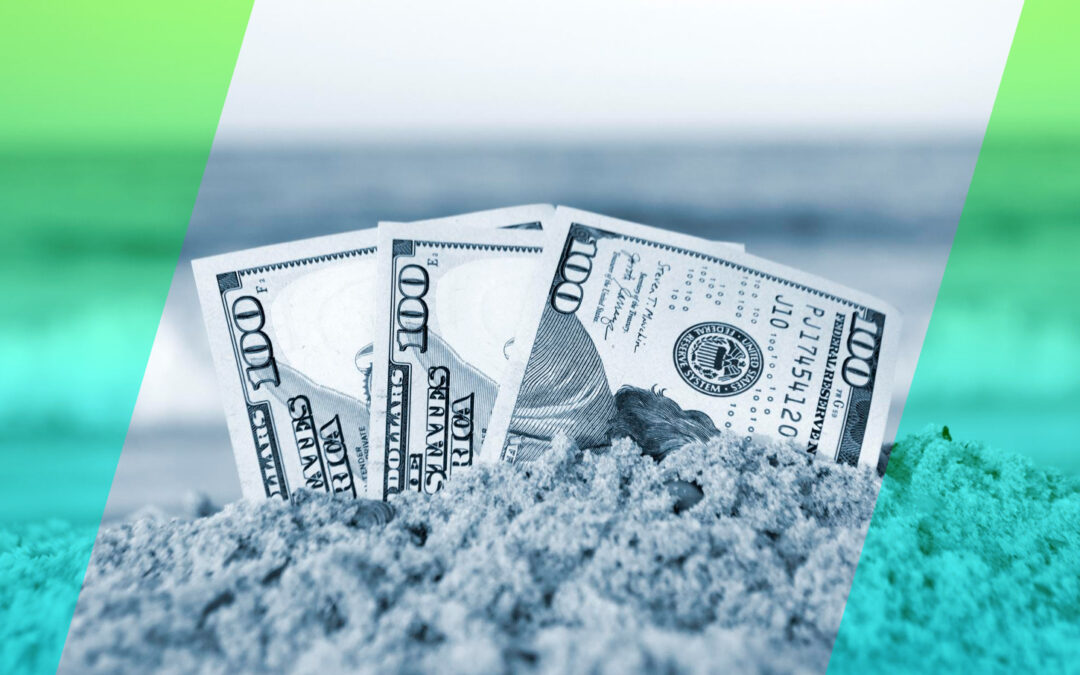Facing unmanageable debt can be overwhelming, but understanding whether you qualify for debt relief is the first step in taking back control. At Swift Debt Relief, we focus on providing general, publicly available information in a way that’s easy to understand and motivating. It’s important to note that every financial journey is unique, outcomes vary, and no debt relief solution is guaranteed. Debt relief services carry potential risks, including impacts on credit, program fees, and possible tax consequences. While everyone’s financial journey is different, there are common criteria that may influence your eligibility for different types of debt relief services.
Key Takeaways
- Qualifying for debt relief depends on your income, total debt amount, types of debt, and ability to repay.
- Different programs—like debt management, consolidation, or settlement—have different eligibility standards.
- Speaking with a debt relief professional can help you better understand which solutions may fit your unique situation.
Understanding Debt Relief Qualification
Most debt relief options are based on your financial need and your ability (or inability) to keep up with payments. Relief programs often assess your total debt load, your income, your debt-to-income ratio, and the kinds of debt you owe. While there is no one-size-fits-all answer, knowing these common eligibility benchmarks can help you prepare. Keep in mind that meeting these general benchmarks does not guarantee program approval or specific outcomes, as each case depends on individual and creditor circumstances.
Factors That Can Affect Your Eligibility
- Total Debt Amount: Some programs require a minimum amount of unsecured debt, often around $7,500 or more.
- Type of Debt: Credit card debt, medical bills, and personal loans may qualify, while secured debts like mortgages usually do not.
- Income Level: Your ability to repay plays a major role. If you’re making minimum payments or falling behind, that may signal eligibility.
- Debt-to-Income Ratio: This ratio compares how much you owe each month to how much you earn. A high ratio may increase your likelihood of qualifying.
While these are helpful general indicators, not every situation fits neatly into a checklist. That’s why it’s a good idea to connect with a Swift Debt Relief professional to discuss your individual case. Please note that we provide general guidance only, and outcomes depend on your personal situation and creditor cooperation.
Types of Debt Relief and Their Requirements
Debt Management Plans
A debt management plan typically involves working with a credit counseling agency that helps you consolidate payments and negotiate lower interest rates. You’ll need to show consistent income and a willingness to stick to a repayment schedule. This is not a loan, but a structured plan to help manage debt more efficiently.
Debt Consolidation
Debt consolidation involves taking out a new loan or using a balance transfer to combine multiple debts into one. To qualify, you generally need a decent credit score and a stable income. This option is best suited for individuals who are still able to make payments but want to streamline the process. Remember, qualification depends on lender requirements and is not guaranteed.
Debt Settlement
Debt settlement allows you to negotiate with creditors to pay less than what you owe. Eligibility usually depends on financial hardship, a high amount of unsecured debt, and a track record of missed or late payments. Because it can impact your credit score, it’s important to understand all the implications before proceeding. Settlement outcomes vary and depend on creditor agreements and consistent program participation.
Bankruptcy (as a Last Resort)
While not a service Swift Debt Relief offers, bankruptcy is a formal legal option. Qualification typically involves means testing and court approval. This route is usually considered when all other methods have been exhausted. Swift Debt Relief does not provide legal advice or make recommendations on bankruptcy filings; we encourage consulting a qualified attorney.
Preparing to Apply for Debt Relief
Before exploring debt relief options, it’s helpful to gather the following:
- Documentation of your debts, including account numbers, balances, and interest rates.
- Proof of income, such as pay stubs or tax returns.
- A monthly budget showing your income, expenses, and discretionary spending.
This information gives professionals a clearer picture of your financial situation and helps them suggest potential pathways to resolution. If you’re ready to take that step, get in touch with our team for a general overview of your options.
Disclaimer (Please Read): This article is for informational purposes only and does not constitute financial, tax, legal, or credit advice. Individual results will vary depending on personal circumstances, creditor participation, and program adherence. Past outcomes do not guarantee future results. For specific questions and personalized guidance, please consult a Swift Debt Relief professional or a qualified financial advisor or attorney.






